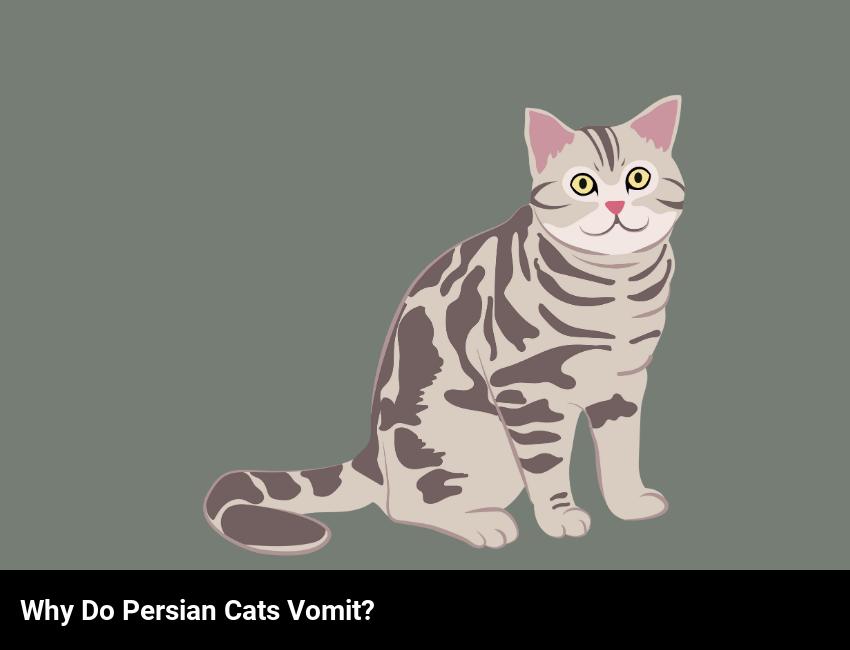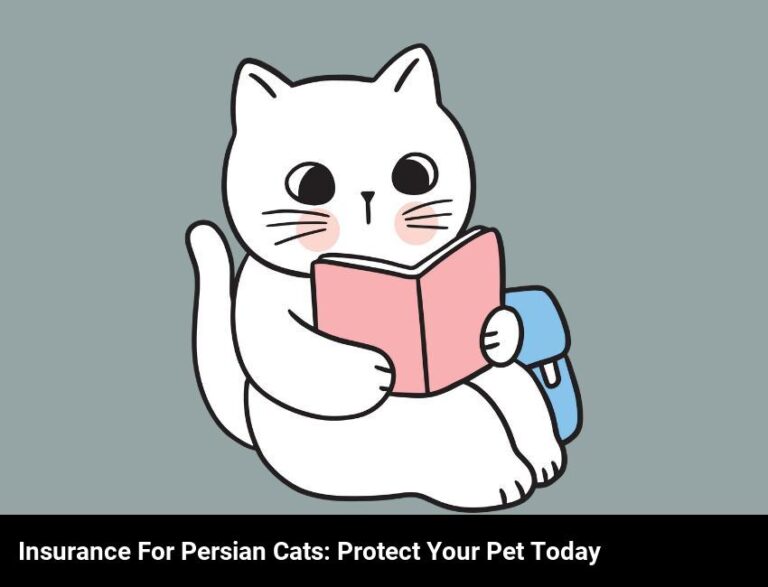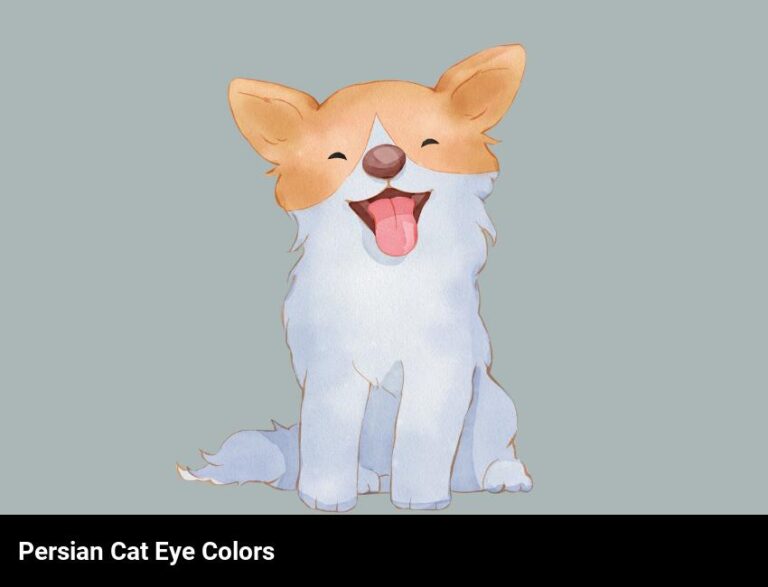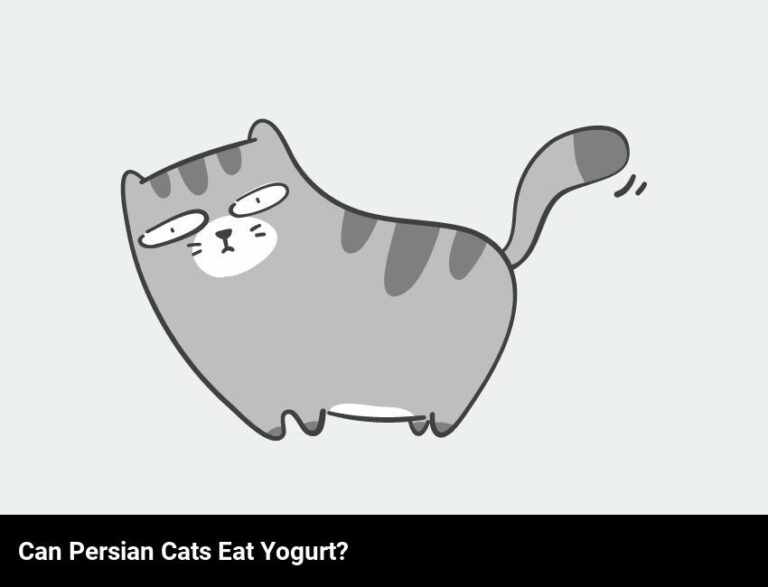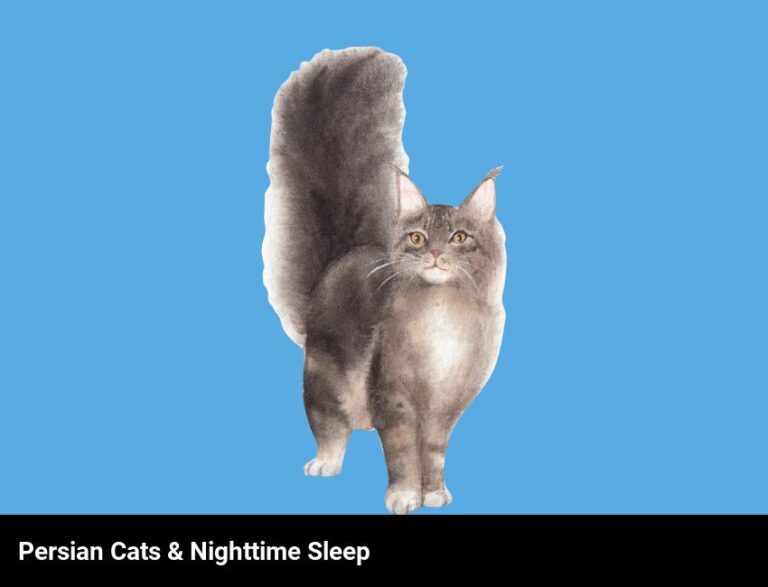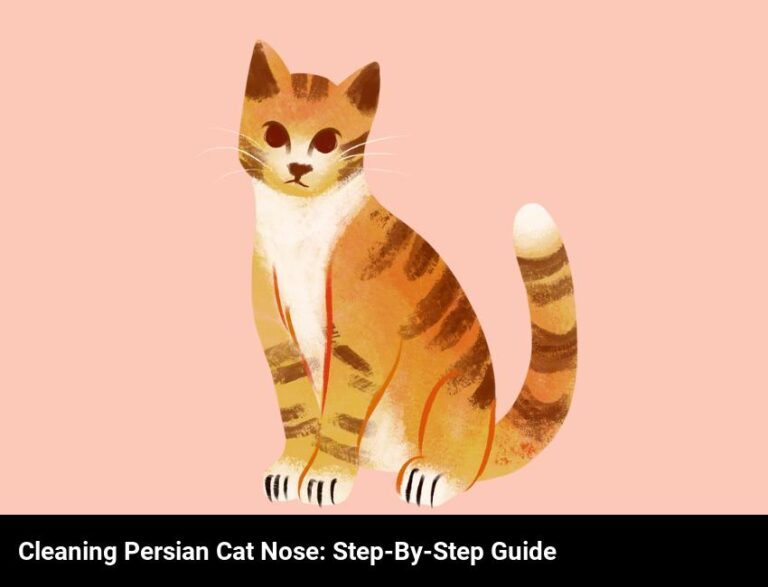Understanding Why Persian Cats Vomit
Persian cats are known to be prone to gastrointestinal issues which can cause vomiting. The cause of these issues can vary, from dietary allergies to stress, and should be addressed by a veterinarian.
As a proud owner of a Persian cat, I know that seeing them vomit can be a distressing experience. I understand how difficult it can be to determine what’s causing your cat to vomit and how best to tackle the problem. That’s why I want to help other Persian cat owners understand the common reasons why their beloved kitties might be vomiting, and how to prevent it.
From signs that indicate that your cat might have digestive issues to understanding what types of diets can help your Persian cat, I will share my experience and knowledge to provide a comprehensive guide to understanding why Persian cats vomit. I will also be discussing how to tell the difference between normal and abnormal vomiting in Persian cats, as well as the best ways to prevent vomiting in your cat. Finally, I will discuss when it’s time to take your cat to the vet for vomiting-related issues.
So join me as I share my personal experience and knowledge to help you understand why Persian cats vomit, and learn the best ways to keep your cat feeling happy and healthy.
What are the common reasons why persian cats vomit?
Persian cats are notorious for their vomiting habits. Though it can be alarming and unpleasant, it’s usually nothing to worry about and can be caused by a number of common reasons.
The most common reason for Persian cats to vomit is simply that they ate too quickly. This allows air to enter their stomach and cause them to vomit. Persian cats are also known to have sensitive stomachs and can vomit if they eat something that doesn’t agree with them, such as spoiled food or something that contains a lot of fat.
Another common cause is hairballs. Persian cats are known for their long and luxurious coats, which means they shed a lot of hair. This hair can build up in their digestive system, leading to vomiting.
Finally, Persian cats can also vomit if they are stressed or anxious. Stress can lead to a decrease in appetite, which can cause them to vomit. If your Persian cat is vomiting, it’s important to take it to the vet to make sure it isn’t anything serious. However, in most cases, it’s likely to be one of the common reasons mentioned above.
What are the signs that your persian cat is having digestive issues?
If your Persian cat is having digestive issues, there are certain signs to look out for. Firstly, keep an eye out for vomiting. Vomiting is one of the main signs of digestive issues in cats, and it’s important to take your cat to the vet as soon as possible if they are vomiting. Secondly, if your cat is having digestive issues, it’s likely they’ll be less active than usual. If they’re sleeping more than usual or not playing as much, it’s a sign that something may be wrong. Additionally, if your cat is having difficulty using the litter box, it could be a sign of digestive issues. Lastly, if your cat’s coat is looking dull or their fur is matted, digestive issues could be the cause.
It’s important to be aware of these signs in order to address any digestive issues your Persian cat may be having. If you notice any of these signs, it’s best to take your cat to the vet as soon as possible. With the right treatment, your cat can get back to feeling tip top in no time.
How can you tell the difference between normal and abnormal vomiting in persian cats?
Do you have a Persian cat? Have you seen your cat vomit recently and wondered if it’s a cause for concern? Knowing the difference between normal and abnormal vomiting can help you understand if your Persian cat is healthy or if it needs further medical attention.
First, it’s important to know that cats often vomit after eating because their stomachs are sensitive and can easily become upset. This type of vomiting is usually not a cause for concern and is normal. If your Persian cat vomits occasionally, it’s likely just the result of a sensitive stomach.
If your cat is vomiting frequently or there are other symptoms such as lethargy, excessive thirst, or a loss of appetite, it’s important to take your cat to the vet as soon as possible to rule out any possible medical issues. Abnormal vomiting can be caused by infection, intestinal parasites, or other health problems.
In addition, cats who have been diagnosed with a chronic medical condition, such as diabetes, are more prone to vomiting. If your cat is vomiting and you notice any of these additional symptoms, it’s important to take your cat to the vet for an evaluation.
Understanding the difference between normal and abnormal vomiting can help you know when it’s time to seek medical help for your Persian cat. Pay close attention to your cat’s behavior and if you think there’s something wrong, don’t hesitate to take your cat to the vet.
What are some of the best ways to prevent persian cats from vomiting?
If you’ve noticed your Persian cat vomiting, you’re probably wondering how to prevent it from happening in the future. Thankfully, there are some simple steps you can take to keep your kitty from getting sick.
First and foremost, make sure your cat is eating a high-quality diet. Persian cats need a balanced diet that’s rich in protein and low in fat. Look for a cat food that specifically states it’s designed for Persians and check the label to make sure it meets their nutritional needs.
Next, be sure to keep your cat’s environment clean. Persian cats can be prone to hairballs, so brushing them on a regular basis is a must. Additionally, keep their litter box clean to avoid any digestive issues.
You should also try to limit your Persian cat’s stress levels. This can be difficult, but making sure your pet has plenty of toys and playtime can help. Also, try to keep the noise level in your home to a minimum and avoid any sudden movements or loud noises.
Finally, make sure your Persian cat gets plenty of exercise. Take your pet for regular walks or play sessions to help keep them healthy and happy.
By following these simple tips, you can help keep your Persian cat from vomiting. With the right diet, environment, and exercise, your feline friend can enjoy a long and healthy life.
What types of diet can help reduce the vomiting in persian cats?
If you have a Persian cat, you know that they tend to vomit more than other cats. But that doesn’t mean you have to accept it as a part of their temperament. There are ways you can reduce their vomiting – and that starts with the diet you provide them.
One of the best diets for reducing vomiting in Persian cats is a high-fiber diet. A high-fiber diet helps to reduce intestinal inflammation and encourages normal digestion. It also helps keep hairballs from forming, which can be a leading cause of vomiting in cats. Look for a high-fiber cat food that includes natural ingredients like pumpkin, oatmeal, and flaxseed.
Another diet that can help reduce vomiting in Persian cats is a high-protein diet. Cats are carnivores and need protein to stay healthy. A high-protein cat food will give them the essential amino acids they need to build muscle and stay healthy. Look for a cat food that has quality animal-based protein sources like poultry, salmon, and turkey.
Finally, it’s important to make sure your Persian cat is getting plenty of water. Dehydration can cause vomiting, so make sure your cat has access to clean, fresh water at all times. If you’re using a dry food, you can add a bit of water to it to help keep your cat hydrated.
With the right diet, you can help reduce vomiting in your Persian cat and keep them healthy and happy. A high-fiber, high-protein diet with plenty of water can make a world of difference.
How can you tell when it’s time to take your persian cat to the vet for vomiting-related issues?
It’s always a good idea to check in with your vet whenever your pet experiences a concerning behavior, such as vomiting. That said, it’s a good idea to call your vet if your Persian cat has been vomiting more than once a day for more than a day or two. It can be difficult to tell when vomiting is a cause for concern or just the result of something your cat ate, so it’s best to err on the side of caution and get it checked out.
In addition, it’s important to take your cat to the vet if they’re displaying other serious symptoms alongside vomiting. If your Persian cat is lethargic, has a decrease in appetite, or is having difficulty breathing, it’s important to get them to the vet as soon as possible. These are all signs that something more serious may be going on and should be evaluated by a vet.
Of course, if you’re ever in doubt, it’s always best to give your vet a call and explain the issue. Your vet will be able to help you determine if it’s something you can handle at home or if it’s best to bring in your cat for a check-up.
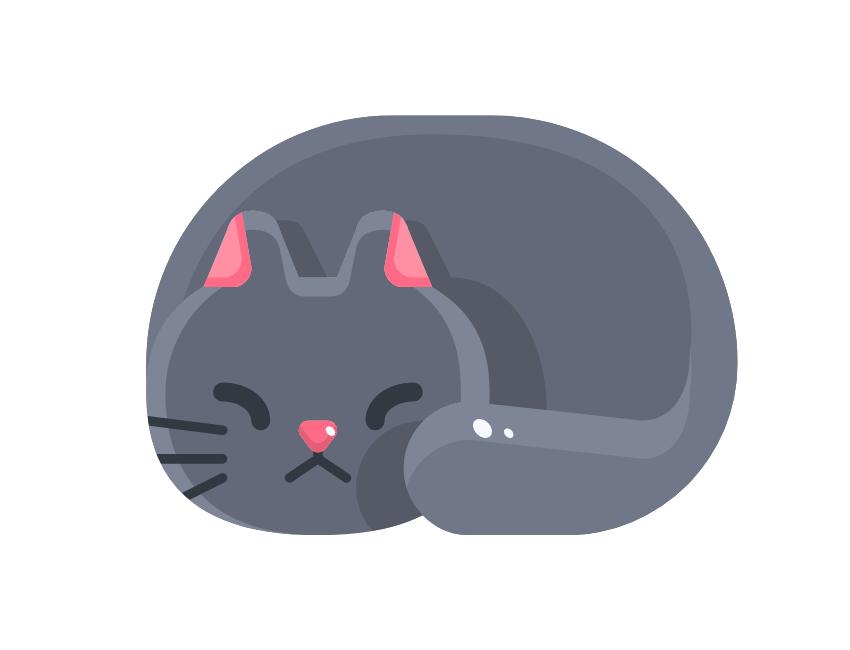
Frequently Asked Questions
What are the unique dietary or environmental factors that could lead to persian cats vomiting?
Persian cats can vomit due to diet, environmental factors, and stress. Poor quality cat food, a sudden change in diet, or certain types of food can all cause vomiting. Additionally, stress caused by moving, loud noises, or changes in their environment can also lead to vomiting. If your Persian cat is vomiting, consider their diet and environment to identify a possible cause.
How can pet owners recognize if their persian cats are suffering from digestive issues that can lead to vomiting?
Pet owners should look for signs such as decreased appetite, changes in stool, and weight loss. In addition, pets may become lethargic or show signs of pain. If the cat has been vomiting for more than a day, it is important to consult a veterinarian. By being aware of any changes in their pet’s behavior, owners can take appropriate steps to help address digestive issues and prevent vomiting.
Are there any specific behaviors that persian cats may exhibit when they are about to vomit?
Yes, there are certain behaviors that Persian cats may display when they are about to vomit. These may include drooling, pacing, licking their lips, and retching. They may also seem anxious or hide under furniture. If you notice any of these symptoms, it’s important to take your cat to the vet as soon as possible.
What can pet owners do to ensure that their persian cats have a healthy digestive system to reduce the chances of vomiting?
Pet owners can help keep their Persian cats’ digestive systems healthy by ensuring they are well fed with high-quality food that is specific to their needs. Additionally, providing plenty of fresh water, feeding them at regular times, and avoiding overfeeding can all contribute to a healthy digestive system. A veterinarian can provide advice and guidance to ensure Persian cats are receiving the right nutrition and can help diagnose any underlying digestive problems.

